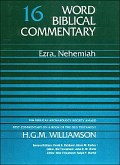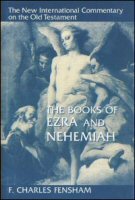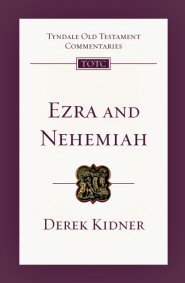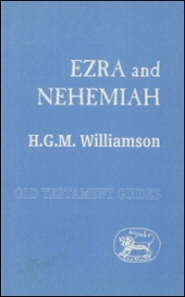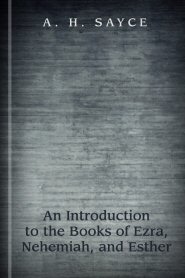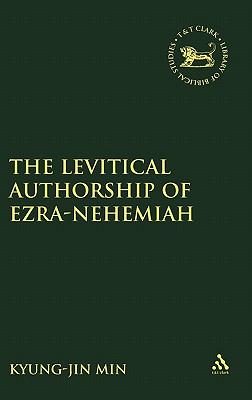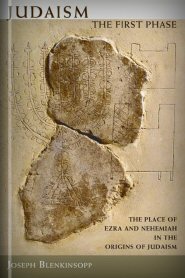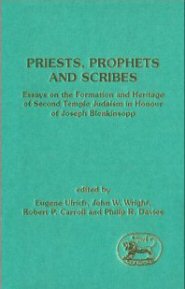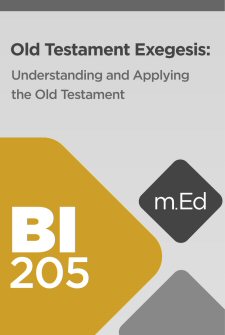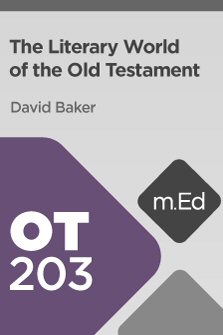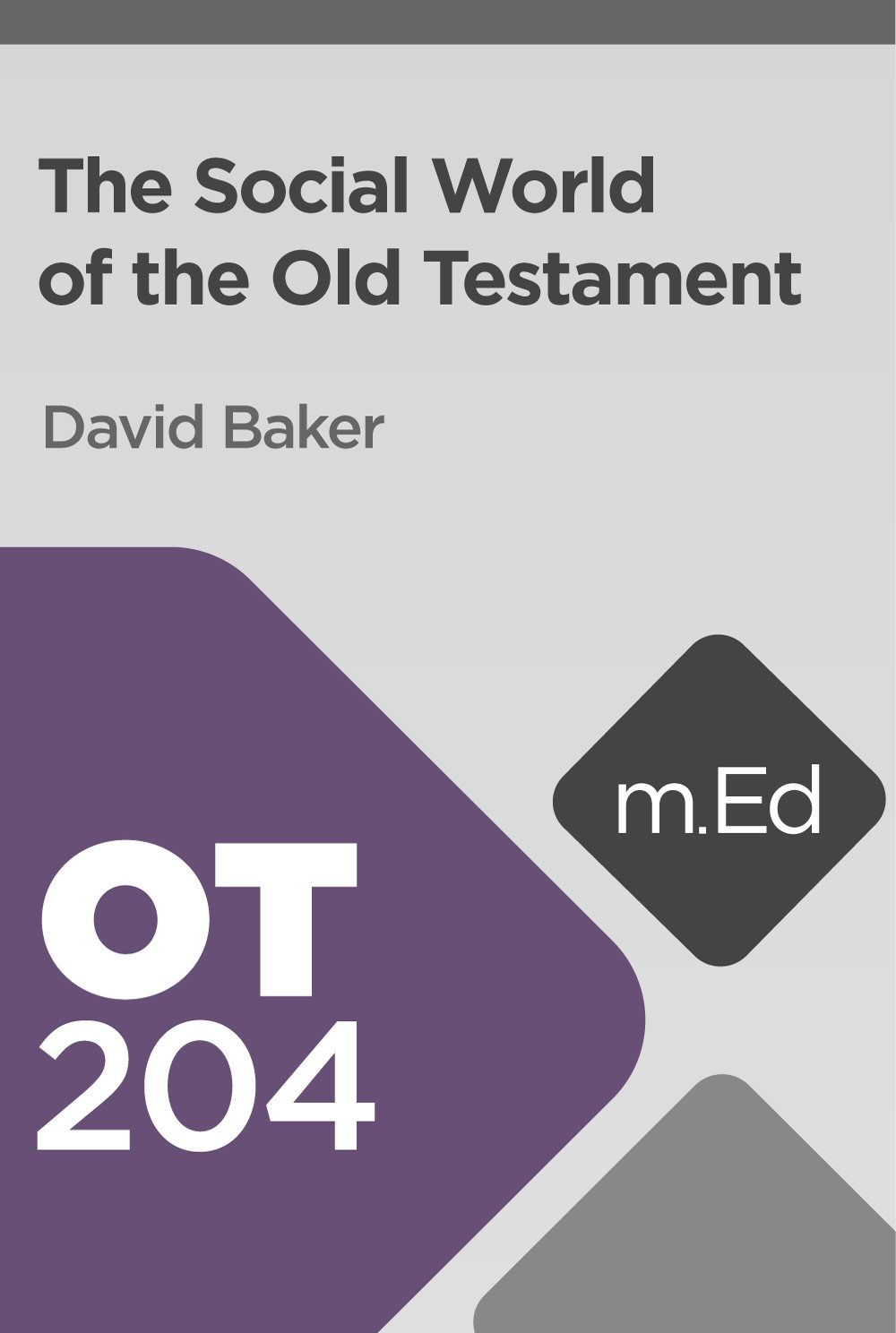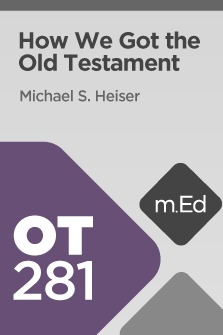Ezra and Nehemiah
The Ezra-NehemiahEzra-Nehemiah Expository Preaching Kit (L) helps you plan an expositional sermon series with a trifecta of core resources in each of the Expository Preaching Kits: commentaries, Bible dictionaries, and sermon outlines. Each kit includes commentaries from Ancient Christian Commentary on Scripture (ACCS) and the Preacher’s Outline & Sermon Bible (POSB), as well as reference resources like The Oxford Handbook of Biblical Studies, Dictionary of the Old Testament: Historical Books (IVP Bible Dictionary), and Carta's New Century Handbook and Atlas of the Bible . This kit includes everything in Ezra-Nehemiah Expository Preaching Kit (M) plus additional resources like Ezra and Nehemiah: A Pastoral and Contextual Commentary (Asia Bible Commentary), Ezra & Nehemiah (Reformed Expository Commentary | REC), The Books of Ezra and Nehemiah (The New International Commentary on the Old Testament | NICOT), and more.
Small
Medium
Large
